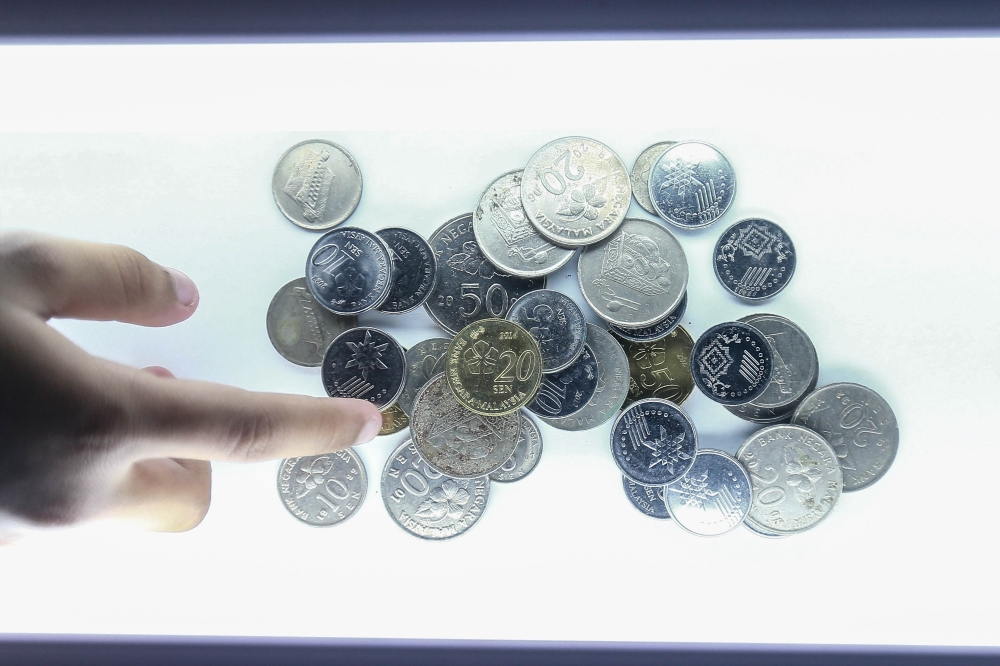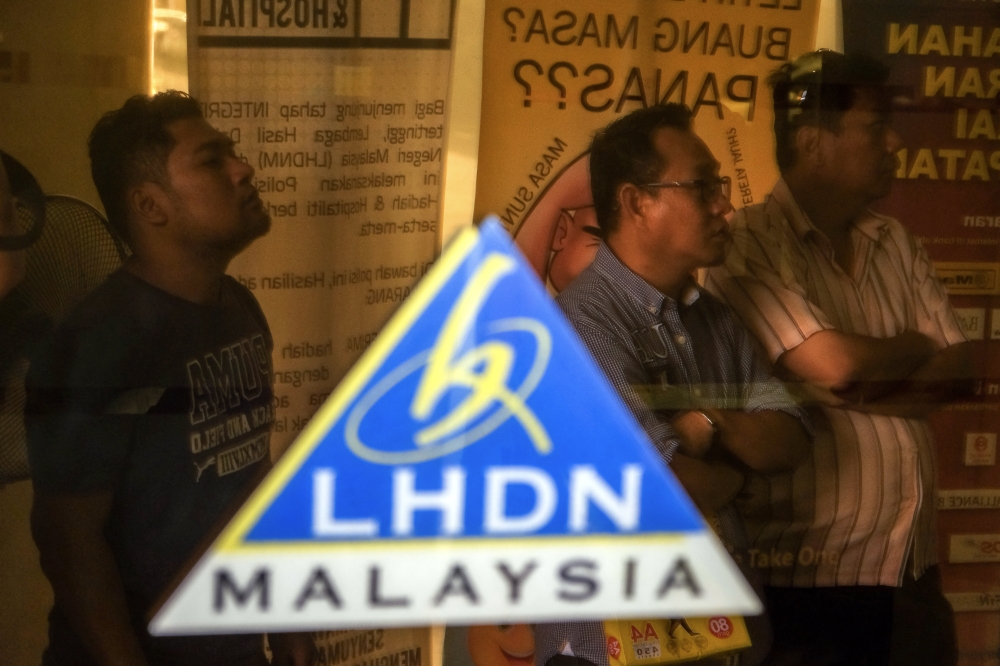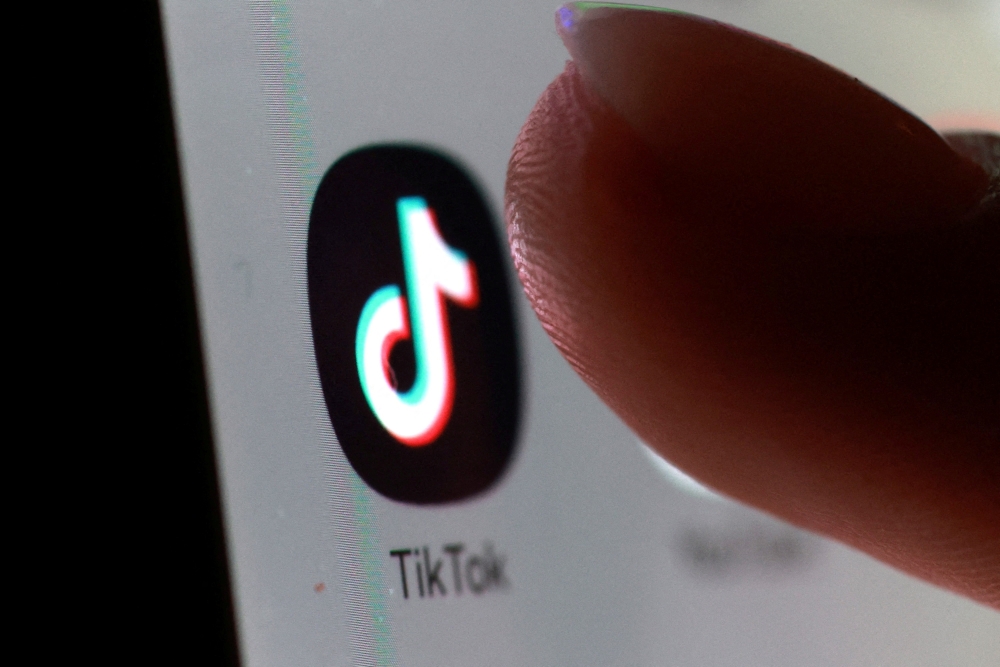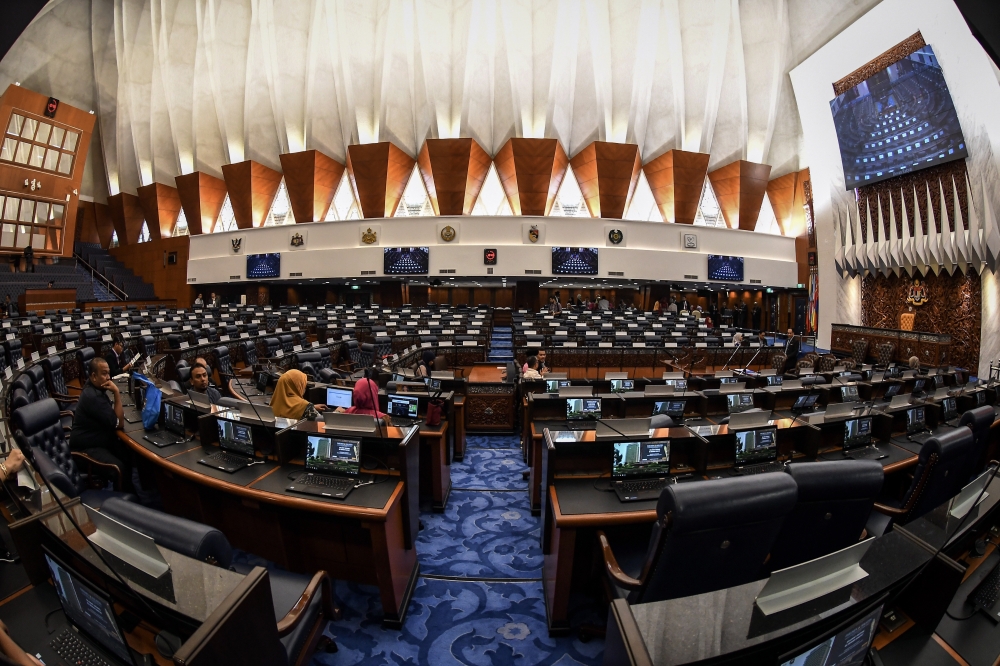KUALA LUMPUR, March 14 — Inflation is slowing down.
January's consumer price index slowed to 3.7 per cent compared to the same month the previous year. In December 2022, it was 3.8 per cent, continuing the dipping trend that began at the start of the fourth quarter.
Inflation is also expected to "moderate" this year in tandem with the global trend. Bank Negara Malaysia said while it expects headline and core inflation to remain elevated amid lingering demand and cost pressures, the worst is likely over.
Price hikes had already peaked in 3Q 2022, while underlying inflation as measured by core inflation averaged 2.9 per cent up to November 2022.
So does this mean consumers can expect prices of goods and services to go back to pre-pandemic level? Not necessarily, say some economists.
For that to happen the market would have to be near perfect, said Sani Hamid, Financial Alliance's economist and investment director based in Singapore.
In theory, a market that is free from any kind of barriers to competition will let businesses compete price-wise by leveraging on the deflation in production costs.
A market structure that is monopolistic or oligopolistic instead allows shrewd producers to keep prices high for a long time even when production costs go down.
"Once inflation sets in, prices go up e.g. RM1.00 + 5 per cent inflation = RM1.05. Even if next year's inflation is 0 per cent, prices are still at RM1.05. So for anyone who is hoping for prices to go back to $1.00, then we need to be talking about deflation which is only possible in a deep recession," he said.
"Prices are flexible to the upside but sticky to the downside even if cost of production decreases. But if it is where firms can go about freely, then in theory higher prices (& profits) should attract over time more competition. Thus this puts pressure on prices and profits.
"On the demand side, it involves behavioural exchange whereby people keep paying higher prices but eventually find alternatives. These are very theoretical but in reality that’s how it works. The problem is that it takes time," he added.
Price stickiness
Prices of some goods, however, do go down quicker than others. Retail petrol prices, for example, are more volatile and can increase or decrease in a matter of days or weeks, in tandem with movements of the global oil market.
But most Malaysians rarely feel the deflation in petrol prices because it's one of many essential goods that are subsidised by taxpayers money.
There have been various studies that aimed to explain why prices of certain goods and services are "stickier", an economic jargon to describe the resistance in price adjustments despite movements in supply and demand dynamics that in theory determines if prices go up or down.
Often the most cited is by American economists Peter J. Klenow and Mark Bils, who tracked price movements of hundreds of consumer goods and services in the US market. They found that prices of goods change more often than what consumers tend to believe, at a rate of about 3.2 months average with raw goods changing prices every 1.6 months while processed goods at close to half a year.
Prices of services, on the other hand, were found to be stickier. While prices of services like medical care, restaurants, and movie tickets do change, the change happens at a much slower rate, at an average of more than a year.
Klenow and Bils, in attempting to explain the phenomenon, suggested that lower frequency of price changes for services could be the result of less volatility of consumer demand for them.
But the two economists also looked into other factors that could influence price stickiness, like market structure to see if there is statistical correlation between the frequency of price changes and market competitiveness.
By studying the ratio of market control by larger companies, the availability of substitution and how wholesale traders mark up prices the economists found more oligopolistic markets, higher product markups and lower product substitution rates tend to result in lower price flexibility.
Still, the first two variables had less effect on price flexibility when broken down between raw and processed, the two economists found; that is the less processed a good is, and the more often it's faced with a substitute product, the more likely price will change.
Uneven competition
In Malaysia, protectionist policies have concentrated production of food and certain goods in the hands of a few large firms and price controls are deployed as the principal measures against price hikes. Mainstream economists believe this makes the consumer market here more resistant to price changes.
M. Niaz Asadullah, professor of economics development at Monash University, said very large producers and suppliers have significant market power in a structure that enables oligopoly, making fiscal or monetary approaches to fighting inflation less effective.
"In the case of price control, if the government sets a maximum price, monopolistic/oligopolistic producers may respond by reducing the quantity or quality of the concerned goods or services. In the case of inflation targeting, behaviour of large companies with market power tends to be less responsive to monetary policy change," he said.
"If Bank Negara increases the interest rate, monopolistic/oligopolistic firms can react by raising prices instead of reducing output."
Inflation has always been a politically-charged matter capable of putting new governments in power or bringing them down. After Datuk Seri Anwar Ibrahim took office as the tenth prime minister, there was great expectation that his "unity government" would give low and middle income consumers some relief from the pain of soaring prices.
Both Niaz and Sani suggested this would entail freeing up the market so more producers could join and compete without the rigidity of price controls. Doing so means prices could initially go up before it eventually settles down as more competition could, again theoretically, prompt producers to compete through pricing.
Whether or not Anwar would do that remains to be seen, but Niaz suggested strong public pressure would still force the unity government to retain these measures for a while -- that means consumers aren't likely to see prices, at least for most services, go down just yet.
"With our political landscape becoming increasingly fragile, the new unity government of Anwar Ibrahim is likely to retain provisions for addressing short-term distributional and social concerns of rising price level," he said.
"In this new reality, economic consideration alone is unlikely to solely dictate the design and implementation of inflation mitigation policies."



















